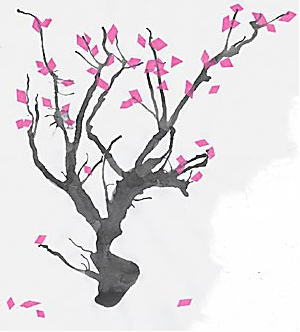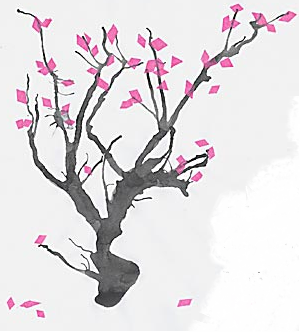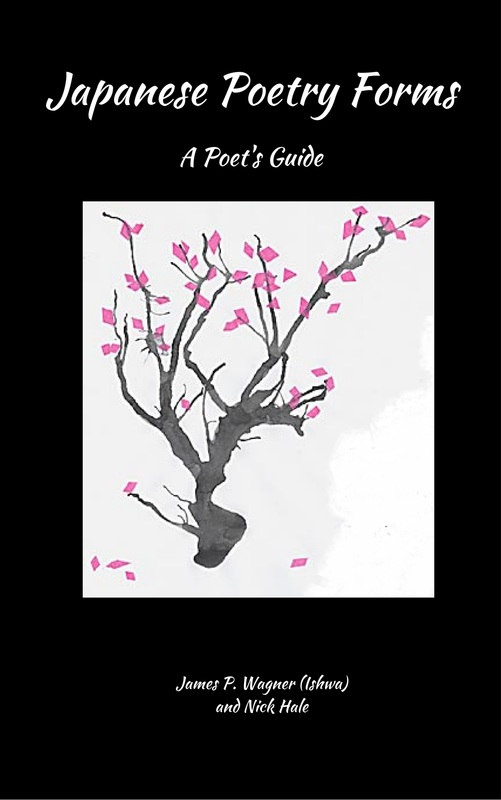The renga is a popular form of Japanese poetry that is a linked verse written by traditionally 3 poets (though sometimes many more.)
Initiated by a prompt known as the Hokku (often misinterpreted as Haiku through history)
of
5
7
5
The next poet would continue the verse to complete a tanka
5
7
5
7
7
This response would be sent to another poet who would then add on another link to the poem resulting in a series of interconnected tanka verse.
The earliest record of renga poems is found in Kin'yo-shu, an anthology of poems compiled in about 1125. In ancient Japan, composing renga was a favorite pastime affairs of poets, aristocrats, even the general public. In fact, tracts of hokku or haikai poems were published by famous literary individuals of the time for the specific purpose of instigating and inspiring renga poems between individuals in the general population. The renga also became a popular way for people to correspond with each other across long distances.
In the beginning, renga were based on light topics. By 15th century, however, there was a marked distinction drawn between ushin renga (serious renga) and mushin renga (comic renga.)
Renga poetry was known for becoming very long--many historial renga contain at least 100 verses.
In the 1980's Renshi became a more popular, contemporary version of the Renga which made it possible for poets from around the world to collaborate on poems.
Initiated by a prompt known as the Hokku (often misinterpreted as Haiku through history)
of
5
7
5
The next poet would continue the verse to complete a tanka
5
7
5
7
7
This response would be sent to another poet who would then add on another link to the poem resulting in a series of interconnected tanka verse.
The earliest record of renga poems is found in Kin'yo-shu, an anthology of poems compiled in about 1125. In ancient Japan, composing renga was a favorite pastime affairs of poets, aristocrats, even the general public. In fact, tracts of hokku or haikai poems were published by famous literary individuals of the time for the specific purpose of instigating and inspiring renga poems between individuals in the general population. The renga also became a popular way for people to correspond with each other across long distances.
In the beginning, renga were based on light topics. By 15th century, however, there was a marked distinction drawn between ushin renga (serious renga) and mushin renga (comic renga.)
Renga poetry was known for becoming very long--many historial renga contain at least 100 verses.
In the 1980's Renshi became a more popular, contemporary version of the Renga which made it possible for poets from around the world to collaborate on poems.



 RSS Feed
RSS Feed